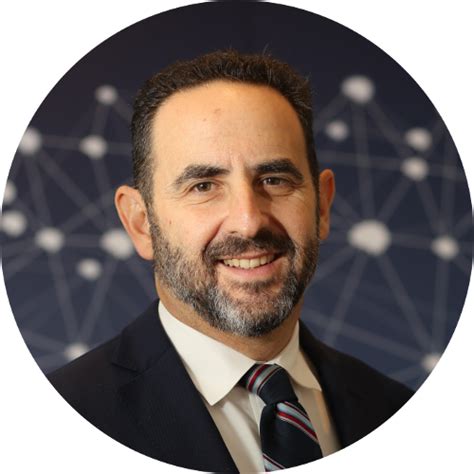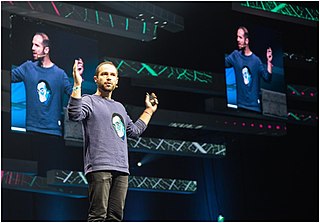A Quote by Daniel Goleman
Empathic, emotionally intelligent work environments have a good track record of increasing creativity, improving problem solving and raising productivity.
Related Quotes
Extrapolated, technology wants what life wants:
Increasing efficiency
Increasing opportunity
Increasing emergence
Increasing complexity
Increasing diversity
Increasing specialization
Increasing ubiquity
Increasing freedom
Increasing mutualism
Increasing beauty
Increasing sentience
Increasing structure
Increasing evolvability
Think about what it feels like when you interact with someone who makes you notice what's good about yourself (raising your status), who is clear with his expectations of you (increasing certainty), who lets you make decisions (increasing autonomy), who connects with you on a human level (increasing relatedness), and who treats you fairly.
The first and foremost duty of the high school in teaching mathematics is to emphasize methodical work in problem solving...The teacher who wishes to serve equally all his students, future users and nonusers of mathematics, should teach problem solving so that it is about one-third mathematics and two-thirds common sense.


































